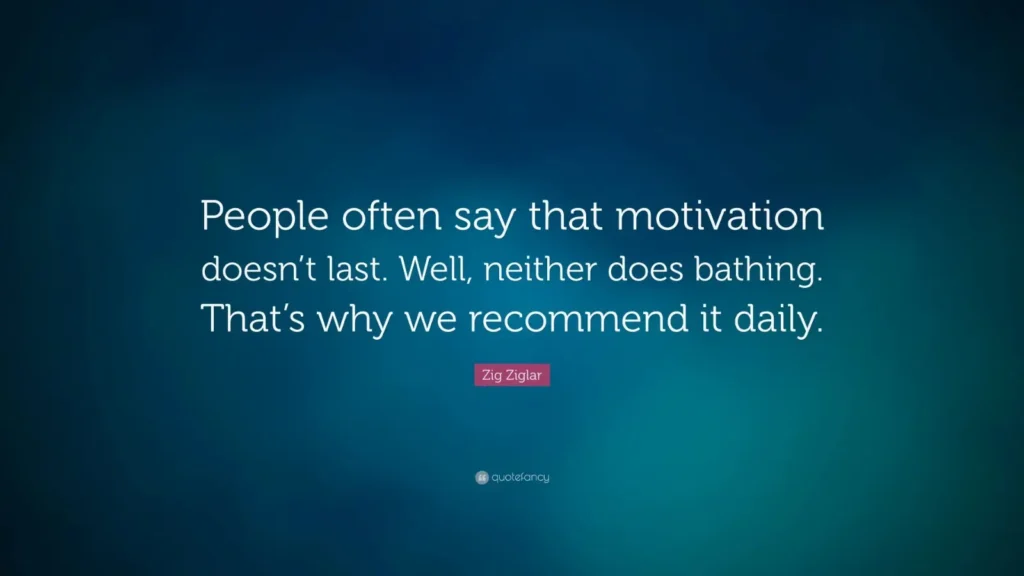Repetition: The Secret to Making Self-Discipline Second Nature
November 14, 2024 2024-11-14 13:26Repetition: The Secret to Making Self-Discipline Second Nature
Self-discipline begins with one small step, one repeated action that, over time, can transform your entire routine. For many, it starts with a morning ritual that sets the course for the day—30 push-ups, a repeated affirmation, or even a few minutes of meditation.
When practiced consistently, you’ll discover that these actions will become more than habits; they become a part of who you are.
Building Consistency through Small Daily Actions
At first, getting into a new habit—like waking up 30 minutes earlier or doing a quick workout—might feel challenging. But it has become common knowledge, as of late, that the brain loves routines.

The secret ingredient here is none other than setting small, repeatable actions every day. In essence, what you’re doing is actually laying down the neural pathways that make these routines easier over time.
Repeating simple actions daily creates a rhythm, one that alters occasional efforts into consistent habits. Over time, these routines eventually evolve self-discipline into a steady footing that leads to greater accomplishments.
Why Repetition Matters
When you repeat an action regularly, you build what’s known as “muscle memory”—whether it’s for physical activities like exercise or mental ones like affirmations. This is why many successful people swear by morning rituals: these repeated actions signal the mind to shift into productivity mode.

Plus, as you develop these habits, the mental resistance to change diminishes. Where once it all feels like an effort will become second nature, a deeply embedded part of your daily routine.
Creating Morning Rituals That Work
Select a few attainable activities that are directly linked to what you want to achieve. For instance, if physical fitness is your target, then a daily set of 30 push-ups might be ideal to begin with. Or, if building a positive outlook is central to your personal wellbeing, then start with an affirmation like, “I am capable of reaching my goals.”

These routines don’t need to be complex; they just need to be consistent. It’s all about choosing realistic and easily manageable activities that you can practice every day, hence, you end up laying the groundwork for lasting success.
Overcoming the Challenges of Repetition
Initially, sticking to a new habit may feel difficult, especially if it requires more energy than you’re used to expending. Here’s where the power of repetition becomes the king of the jungle.
You develop the ability to last and mental strength by showing up every day, even when you don’t feel like it. Self-discipline is like a muscle; the more you work at it, the stronger it gets. On days when motivation is low, remember that the act of repetition itself is what will carry you forward.
The Payoff: Turning Routine into Excellence

Ultimately, the essence of repetition is its ability to turn discipline into habit and habit into consistent achievement. Instilling positive habits in your everyday life creates small wins that develop into the self-discipline required for larger accomplishments. Every step taken reinforces your journey toward becoming your best self.
Conclusion: Start Small, Repeat Often
Though simple to comprehend, repetition, in itself, is an effective path to self-discipline. Start small, maintain consistency, and watch how a single repeated action can build momentum over time. Whether it’s a morning affirmation, a set of exercises, or any other daily ritual, repetition is a force to be reckoned with–in every sense of the word be–and has all the ingredients needed to help you develop and maintain the self-discipline you need to achieve your ambitions.
For more information, please contact:
IBSU Media Team
IBSUniversity
PO Box 5181, Boroko, National Capital District, Papua New Guinea
M: +675 7028 8030 / 74114100
Editing & Narrative Direction: IBSU Library & Information







